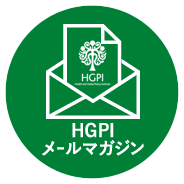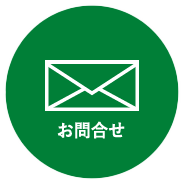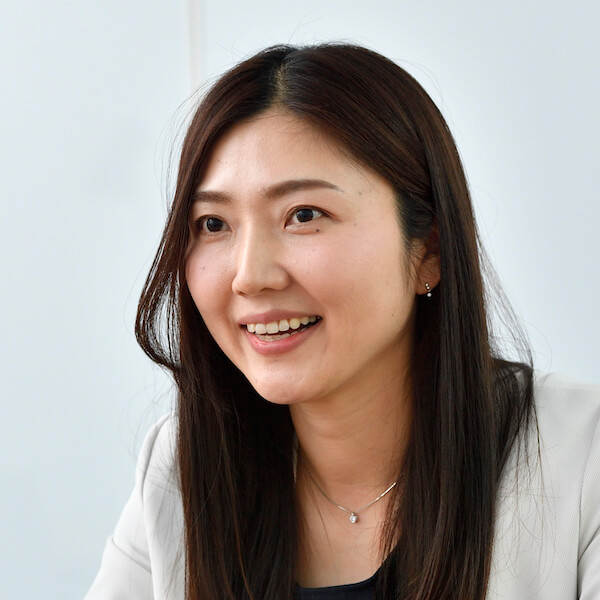
Published : 10/3/2022
Standing at the starting line as a platform creator
Leaving my job as a pharmacist and entering graduate school to study public health
I joined HGPI in October 2021, so I am now at the startling line in my career as a person who is responsible for part of the health policy creation process.
Looking back, there were many events that brought me here. I will discuss this in greater detail later, but I actually worked for HGPI twice per week during graduate school, quit once, then later returned in my current capacity as a full-time staff member.
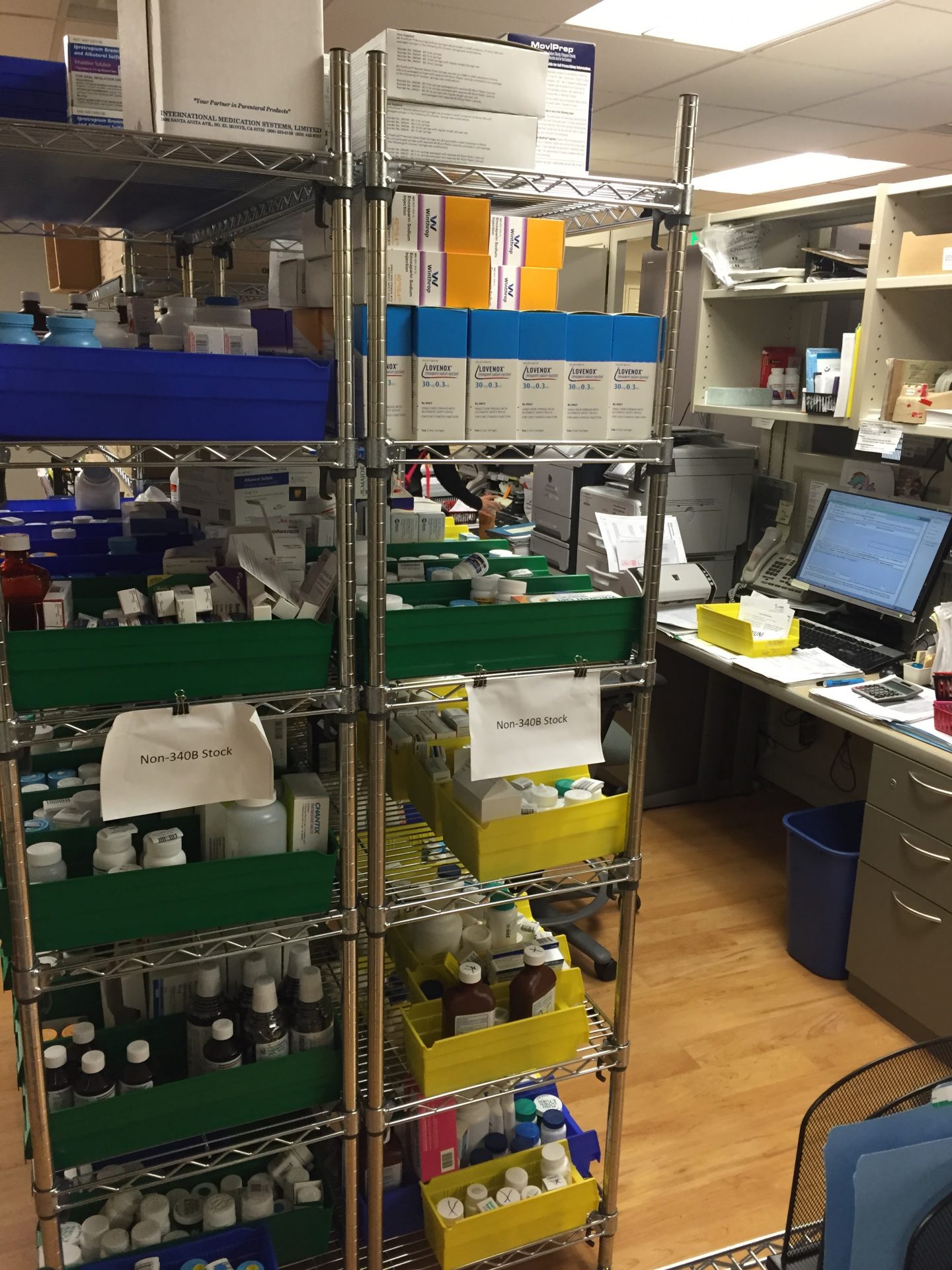
After finishing university, I worked as a pharmacist in the insurance pharmacy department of a major pharmacy chain. While the days I spent recommending medicines and interacting one-on-one with patients at the pharmacy were fulfilling, I gradually started to feel more and more strongly that I wanted to contribute to the health of the public as a group rather than on the individual level. I was growing interested in studying public health.
Around that time, my husband was posted overseas, so I decided to take the opportunity to leave my position as a pharmacist. While we were moving from country to country, I used my time to study and prepare for entering a graduate school of public health. As a result, I was successfully able to enroll in the Master of Public Health (MPH) program at Keio University Graduate School of Health Management upon returning to Japan.
When I heard HGPI was accepting applications, I applied without hesitation
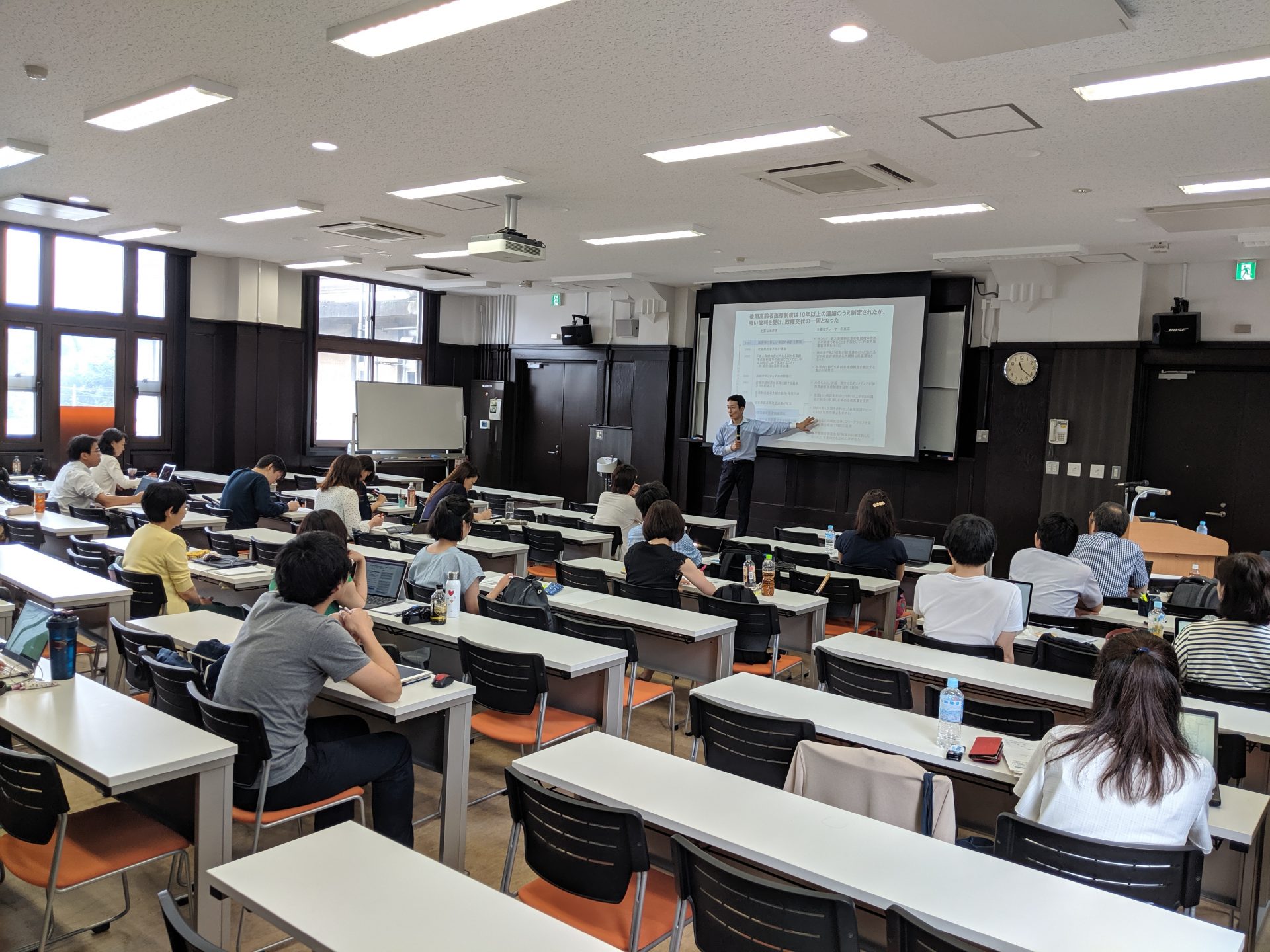
The event that led me to HGPI was a special lecture given at my graduate school by Mr. Kohei Onozaki, who serves as a board member at HGPI. There, he said, “Policy-making requires participation from various stakeholders, and one of HGPI’s responsibilities is to provide platforms for that to occur.” Hearing this, I felt a strong attraction to HGPI.
That was because right around that same time, my studies in public health at graduate school were starting to show me the need to involve a broad variety of stakeholders when implementing policies, as well as convince me of the importance of Evidence-Based Policy Making (EBPM). In EBPM, policy-making is not conducted according to people’s experiences or their intuition. Instead, it involves continuous verification based on experiments and data with the objective of generating promising policy options.
Some time after that lecture, I heard HGPI was accepting applications and I applied right away.
Managing graduate school while working twice per week
I started working while still studying at graduate school, and I was able to balance work and school because I served at HGPI twice per week.
Just as I had imagined, HGPI provided an extremely stimulating environment. When I was working as a pharmacist, I was incredibly busy with the day-to-day duties of responding to patients and managing pharmaceuticals. Unfortunately, that meant I did not have much time to consider health policy-related topics, such as the reimbursement system for dispensing pharmaceuticals, which is revised every few years.
Despite the fact I had already spent many years in the medical community, holding discussions on future health policies with various stakeholders and actively considering what policies are necessary at HGPI were new and extremely refreshing experiences for me.
However, in my private life, we wanted children. I had a child around the time I completed graduate school, so I quit HGPI to focus on child-rearing for one year.
Rejoining HGPI while balancing child-rearing and the work I want to do
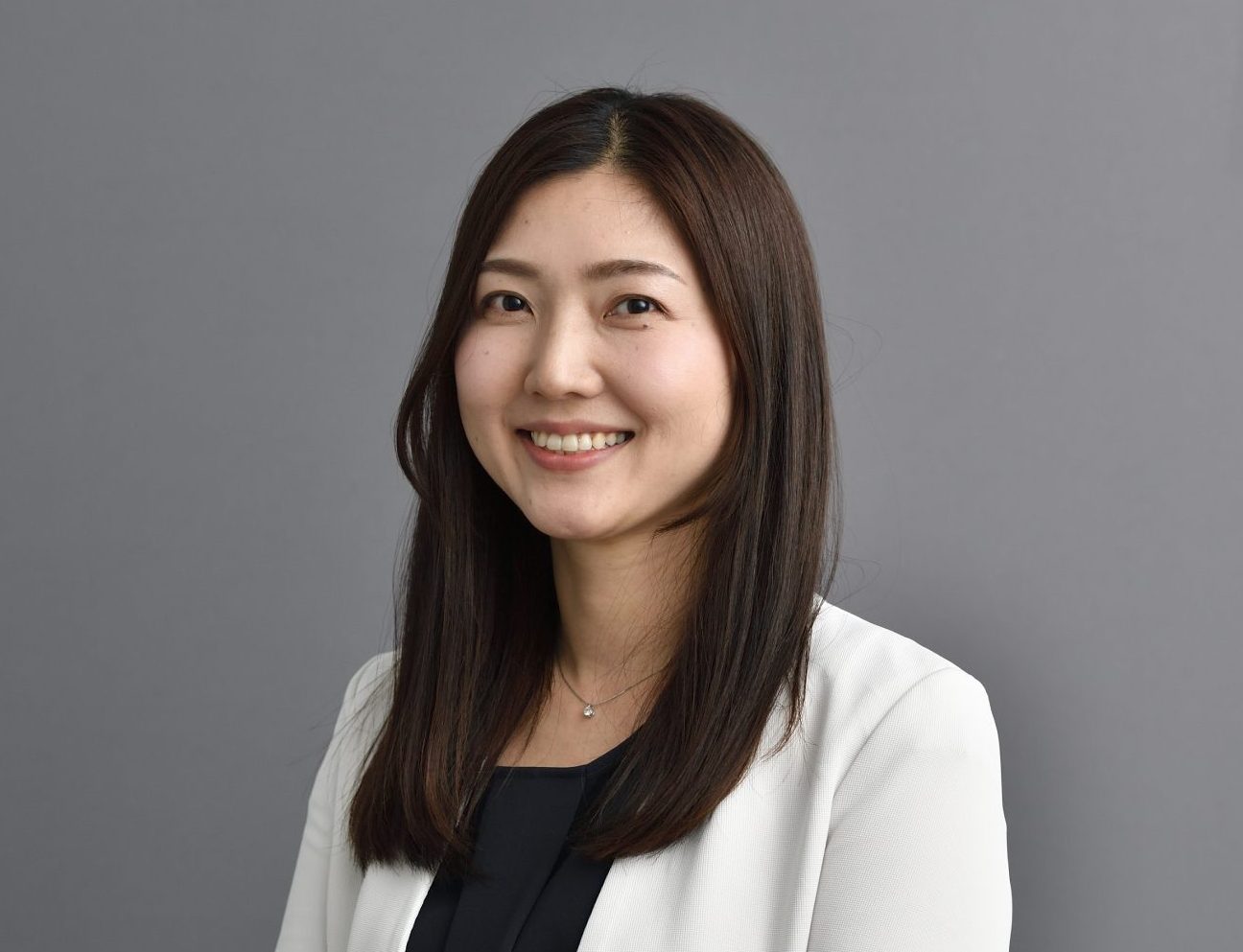
As I mentioned earlier, I later came back to HGPI in October 2021 as a full-time staff member. This was not something I had planned in advance. While I had planned to return to the workforce one year after my child was born, I was also considering pharmaceutical companies and university research institutes as potential employers. However, once I actually started my job hunt, I became acutely aware of how difficult it is to balance work and child-rearing.
Then, HGPI invited me to join their organization with special conditions: a full-time position, working four days per week and with shortened working hours. I found these conditions to be a perfect match for how I had envisioned I would raise my child while continuing to work and advancing my career.
It was only natural for me to choose HGPI, where I would be able to watch my child grow while making the most of both my experiences in clinical settings and my knowledge in public health.
A place that allows flexible work styles to match each person’s needs
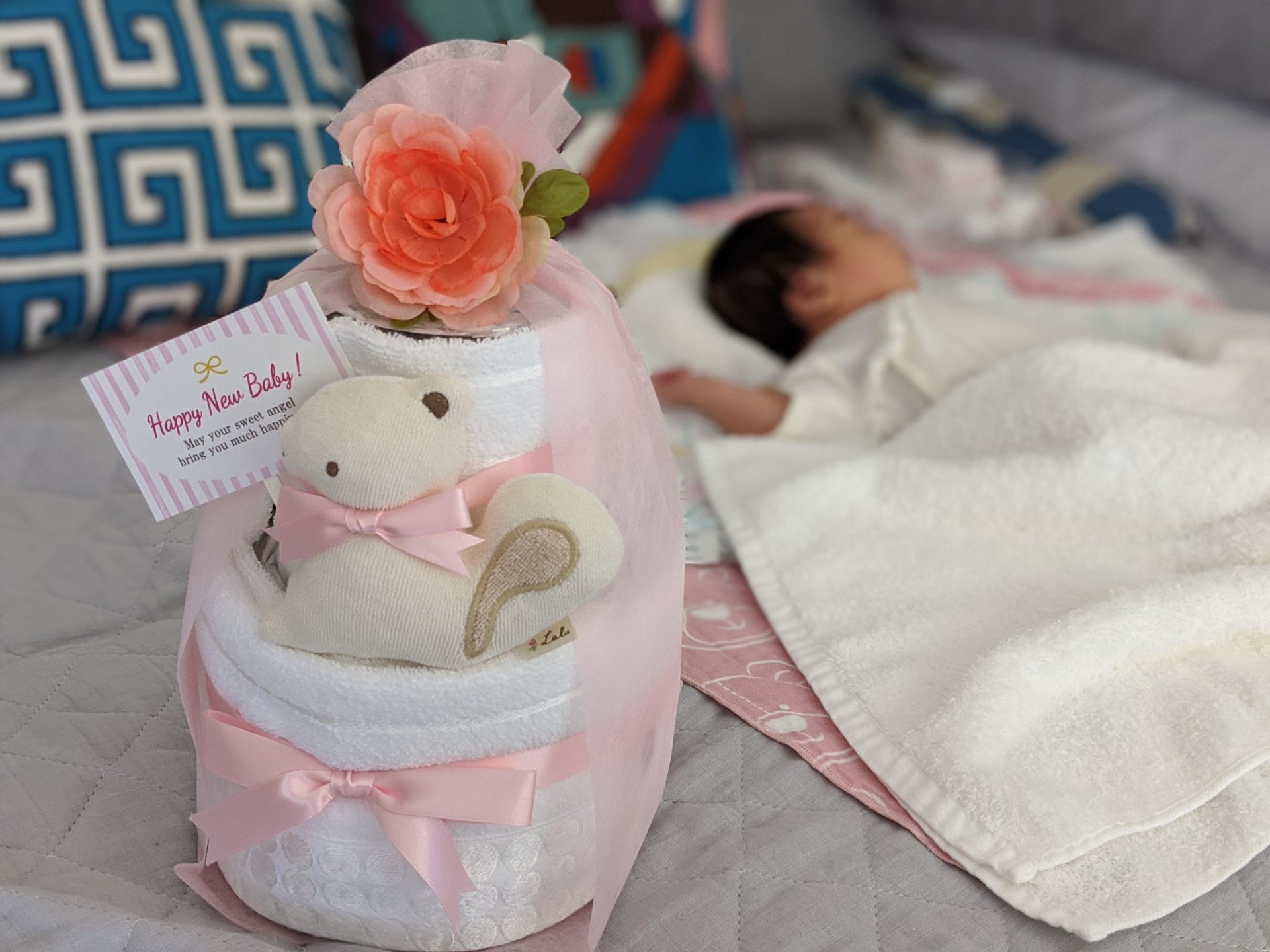
People at HGPI come from various backgrounds. For example, some might have other jobs, some might be busy with raising children, and some might be attending graduate school. HGPI understands the circumstances each person is in, recognizes that they have a work style that is best for them, and proposes suitable working conditions.
This is not the only reason I am grateful to be at HGPI. The team members who work beside me are considerate, which is also a great source of help. In my case, the window of time I can spend with my child starts in the evening and ends when they go to sleep. Members of my team make sure meetings and other tasks are scheduled during other times so I don’t miss those precious few hours with my child.
HGPI recognizes the need for flexible work styles, making it an attractive choice for people in the fields where the organization is active, like healthcare professionals serving in clinical settings who are interested in health policy, or people who studied public health in graduate school and want to make the most of their knowledge.
Standing at the starting line as a platform creator
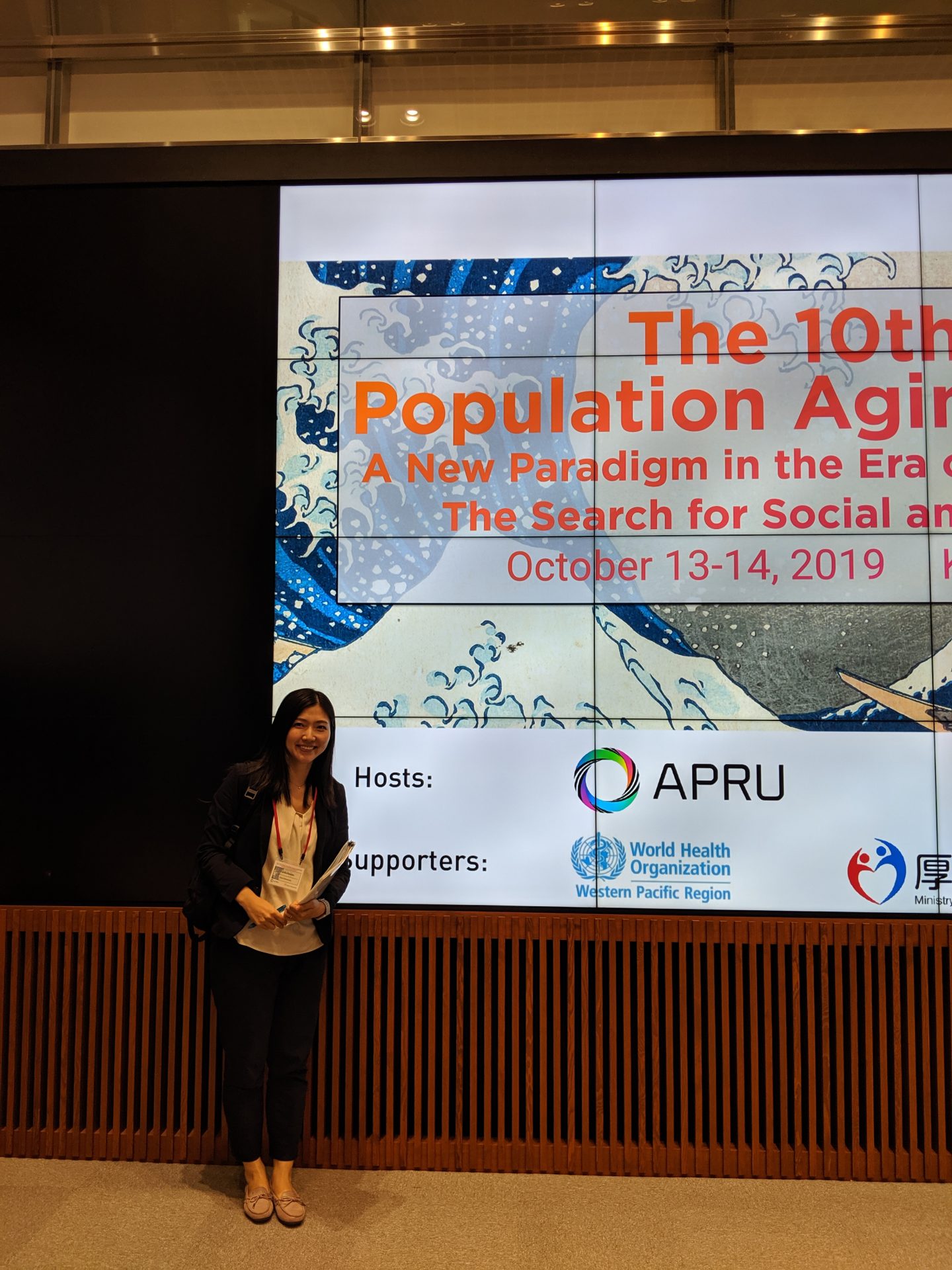
HGPI initiatives I am currently involved in include the Dementia Project, the Obesity Project, the Children’s Health Project, and the Women’s Health Project.
Among those projects, in the Women’s Health Project that was kicked off in 2016, we are starting to see momentum build for legislation on women’s health that takes the entire life course into account. To get to this point, we not only had to conduct surveys over many years; we also had to engage in various activities that included holding opinion exchanges with members of the Diet. Now, I feel we have played a key role in driving progress on this policy as a true stakeholder in this area, and that there was real meaning to our efforts.
In the Obesity Project, which began this fiscal year, we are currently deepening discussions that surpass pharmaceutical therapy, surgery, exercise therapy, and dieting to also encompass approaches based on social epidemiology. I feel that this project may provide me with opportunities to make use of my skills, especially my clinical experience as a pharmacist and the knowledge on epidemiology I acquired at graduate school.
In the future, how can we approach health policy in our capacity as a think tank while utilizing our knowledge and experiences? While searching for the answer to this question, I would like to continue serving as someone who provides platforms for deepening policy discussions and helps generate the policy options that society needs. I have only just arrived at the starting line.

